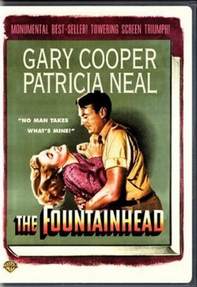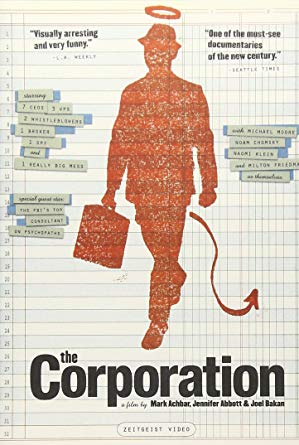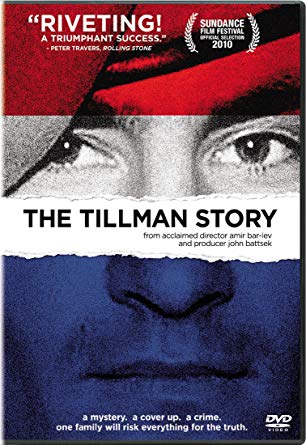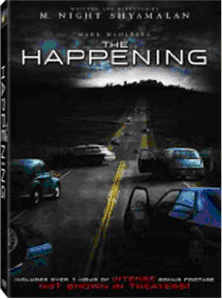A movie so bad it’s fun to watch[1] ___ 4/10
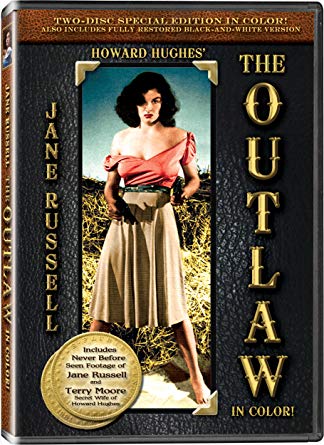 Reposted from the previous post on October 22, 2014. — ed.
Reposted from the previous post on October 22, 2014. — ed.
Prologue: “The Outlaw” is a story of the untamed West. Frontier days when the reckless fire of guns and passions blazed an era of death, destruction and lawlessness. Days when the fiery desert sun beat down avengingly (sic) on the many who dared defy justice and outrage decency.
Yeah, right. Avengingly?! Outrage decency?! Who wrote this stuff?
THIS MOVIE outrages decency!
Jack Buetel … Billy the Kid
Jane Russell … Rio McDonald
Thomas Mitchell … Pat Garrett
Walter Huston … Doc Holliday
Mimi Aguglia … Guadalupe
Joe Sawyer … Charley
Gene Rizzi … Stranger
From the gitgo, you can search far and wide for a connection between Billy the Kid (William Bonney, played by Jack Buetel) and Doc Holliday (Walter Huston) and you’ll never find one. But who knows whose idea it was—the director Hughes or the writers Hawkes and Hecht—to mess with history so blatantly. My guess is Hughes.
Another thing: the musical score is the first-movement theme of Symphony No. 6 in B Minor, Opus 74, ‘Pathétique’ by Pyotr Ilyich Tchaikovsky (1893). I kid you not, Hughes goes positively surreal on the music. About the only connection to that period in the American West is that it’s the second half of the 19th century. This symphony by Tchaikovsky has been standard fare in orchestra halls in the West, like forever, appealing to the wealthy urban elites with refined and educated musical tastes. Pathetique has this connotation of majestic sadness… totally disjoint from a bunch of goofy hillbillies wandering around bantering inanities in the New Mexican desert. Continue reading

